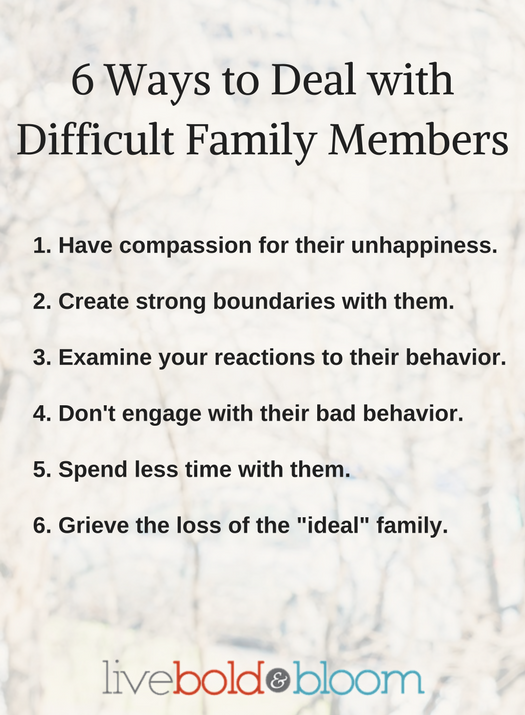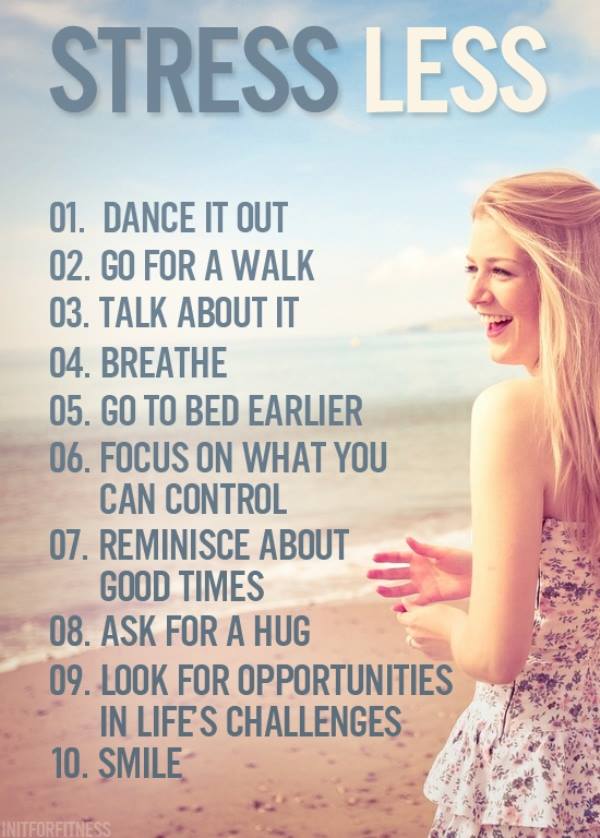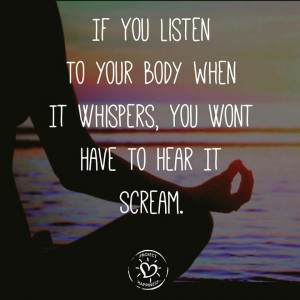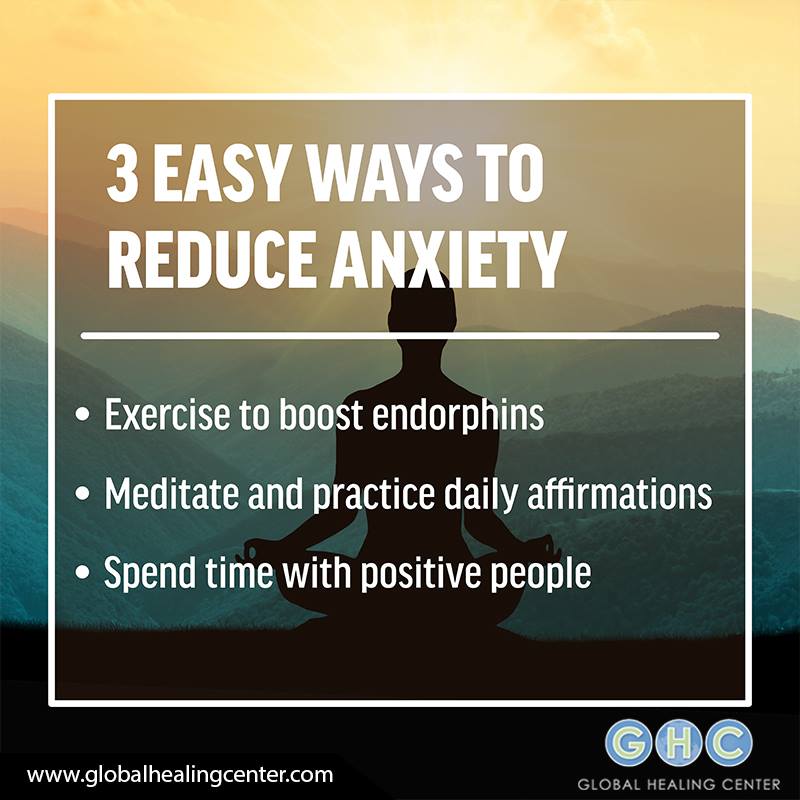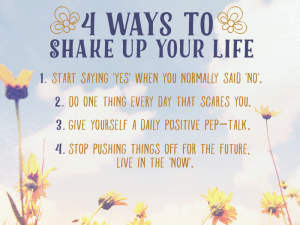Dealing with Difficult Family Members
Let’s face it we all have them! With summer holidays in full swing it means barbeques and family get togethers. We know that not all families are perfect and it is likely that you have at least one family member who can be a bit challenging if not outright difficult.
Live Bold Bloom shared some great strategies that we’d like to expand on. Believe it or not, our difficult family member is likely unhappy and unsatisfied with things in their own life. Be kind and show them that you care. Take a minute to listen and help them find some good in their day. Modelling positive behaviour and gratitude for life demonstrates there can be good in all situations. This type of behaviour may help them reframe what is going on for them and help them find that silver lining. It will also lower your own stress levels.
If positivity fails then we may need to look a bit deeper. Sometimes we need to protect ourselves from negative people and their dark energy. Creating boundaries can be difficult but gratifying when we set and maintain them. Limit the time you spend with them and don’t feel you need to make apologies. Your wellness is important and practicing good self care is important. Set a time limit on how long you can stay at the family birthday and stick to it. Talk to family members you enjoy being with and limit your exposure to others.
While it can be easy to fall into the trap of engaging in their bad habits, be mindful. If you find yourself gossiping about your 3rd cousin, stop and excuse yourself from the conversation. Take time to reboot and adjust your attitude. We all know that nothing good can come from a negative attitude so just hit the re-set button and go back to your positive boundaries and behaviour.
Our last thought is to give yourself permission to let go of the notion that there is such a thing as an “ideal” family. Embrace the family you have in all its’ quirkiness. Whatever you do just remember that a little humor can always serve you well at that family reunion.
Save

